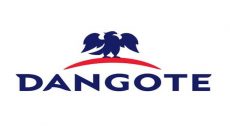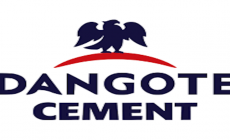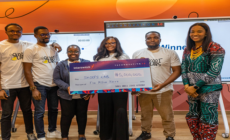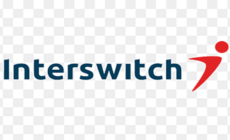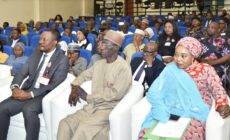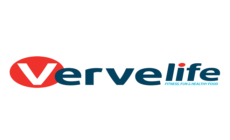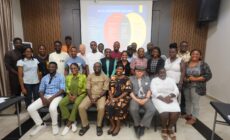According to UNAIDS 2022 statistics, Sub-Saharan Africa accounts for approximately six out of seven new infections among adolescents aged 15-19 years, and young women aged 15-24 years are twice likely to be living with HIV than their male counterparts. Young people face significant challenges associated with unemployment and poor family support.
To prevent HIV and equip adolescents and young people with life skills for self-reliance, the Institute of Human Virology Nigeria (IHVN) has collaborated with Mother and Childcare Enhancement Foundation to set up an adolescent-friendly center to run the training activities. IHVN trained 30 adolescents drawn from communities in Lafia Local Government Area of Nasarawa State.
According to IHVN Program Manager, Orphans, and Vulnerable Children (OVC), Mrs. Adetutu Jinadu, the nine-month training was in areas such as ICT, painting technology, fashion design, tiling, interior decoration, catering, fishery, and bead-making for both male and female adolescents from vulnerable families. The training also included sessions on information technology, HIV counseling, financial and literacy management, and entrepreneurship.
“We designed the programs to help young people start up, innovate, and grow their businesses. We believe that the skills they have developed will create job opportunities for them and reduce their risk of being infected with HIV,” she says.
The training program also engaged caregivers to support their wards in mastering the skills and utilizing them. Mother and Childcare Enhancement Foundation (McCEF) Coordinator, Mr. Alhassan Adamu adds that “We conducted home visits and interacted with caregivers to provide psychosocial support to the adolescents. At the hub, we created a safe place to facilitate learning among the young people. They had access to mental health services, sexual and reproductive health information, marketing skills, and digital literacy.”
One of the trainees, 18-year-old Douglas Peter learned fashion design at the hub and says that he can now sew male and female clothes to raise money to further his education. He plans to go beyond a senior secondary school certificate to study accounting at the university.
“I am planning to open a tailoring shop in Shabu. I was given a smartphone after the training and I use it to advertise my work on social media,” he says.
In FCT, Nasarawa, Katsina, and Rivers States, IHVN implements an orphans and vulnerable children program for children and adolescents to be safe, schooled, stable, and healthy. More than 217,000 OVCs and their households have received care services to equip households to be resilient in the face of the socio-economic and emotional consequences of HIV/AIDS.
The Institute of Human Virology, Nigeria (IHVN) is a non-governmental organization established in 2004 to address the HIV/AIDS crisis in Nigeria by developing infrastructure for treatment, care, prevention, and support for people living with and affected by HIV/AIDS.
IHVN has expanded its services to other infectious diseases like tuberculosis, malaria and non-infectious diseases, including cancers. As a local organization, the Institute is structured to collaboratively develop and maintain linkages within and outside the country that support the Government of Nigeria’s health sector strategic plans.
For PR/Media enquiries
Please contact:
Uzoma Nwofor Snr Communications Managerinfo@ihvnigeria.org







